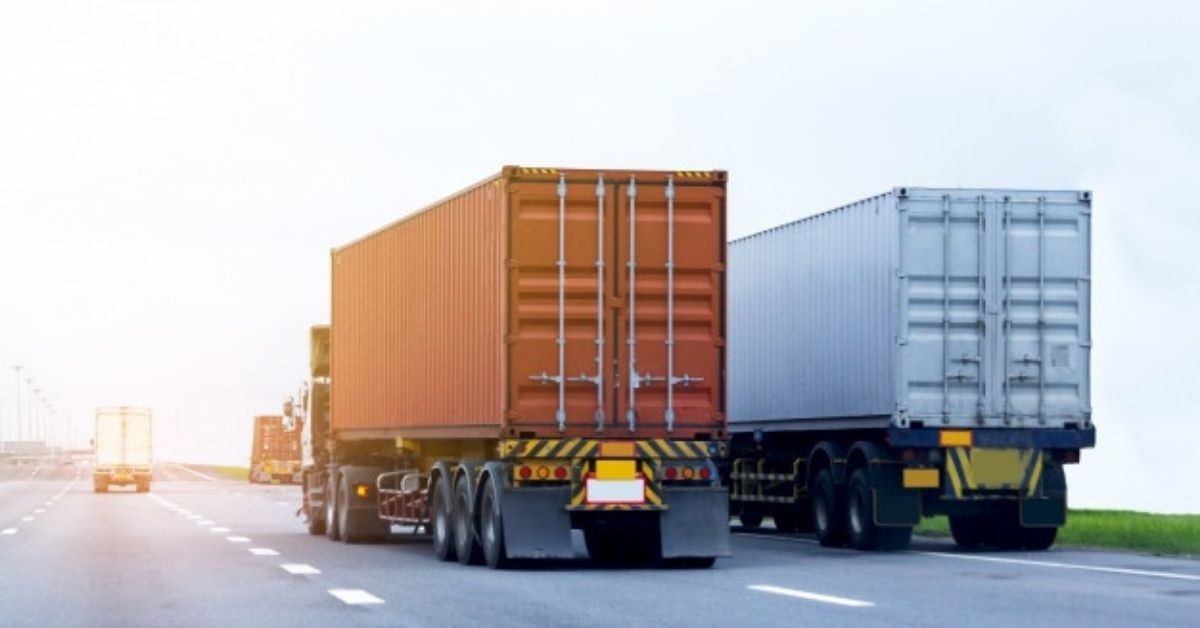All weather terrain’ might well be a befitting description for the country’s road sector. Weathering the pandemic-induced twists and turns, the sector will see more stretches of national highways, completion as well as awarding of multiple projects and fund raises in 2022, making it a “better” year than the passing one.
Connectivity with remote and tough terrains, decongesting major points in the road network, an integrated multi-modal national network of transportation and logistics, and steering ahead with the ambitious voluntary vehicle scrappage policy are also on the 2022 radar.
“Next calendar year is going to be better (in terms of national highways construction) than the current year… next year, we are hoping that many of the projects which are being bid out, awarded this year and which have come to a certain stage, will be completed,” Union Road Transport Secretary Giridhar Aramane told PTI.
While the pandemic ravaged many a sectors at different points of time in the last nearly two years, the road sector grappled with barriers but the progress in terms of national highway construction was stellar.
Aramane pointed out that due to monsoon, state-owned agencies that are into construction of national highways faced some problems during August and September in certain states.
The Ministry of Road Transport and Highways (MoRTH) aims to construct 40 kilometres of national highway every day in the current fiscal. The target is higher than the record construction of 37 kms daily during 2019-20 period.
“Our achievement can be much more than the current financial year. We also have a pipeline for awards next year under the Bharatmala Pariyojna and under the National Highway general programme,” Aramane said in an interview.
MoRTH has identified projects which need to be offered next year under the Bharatmala Pariyojna.
“Many of them are important greenfield projects and many others are under the National Infrastructure Pipeline (NIP),” he said and emphasised these projects will help provide “logistic efficiency to the Indian economy”.
As part of bolstering infrastructure in the country, which aims to become a USD 5 trillion economy in the coming times, building high quality roads and ensuring smooth connectivity is a key priority.
“We have identified the congestion points in the country, which need to be cleared and also the economic centres, which have huge traffic flow between them. So, they have to be connected with efficient roads,” he said.
Regarding monetisation of road assets, the secretary pointed out that all the roads built by the state agencies are monetised for a short term, ranging from 1-3 years, or for a longer tenure spanning 15-25 years.
“So, as soon as we complete the building of a road, we will toll it for one year, if the market outlook is not good. If the appetite is good, we will do it for 3 years or under the Infrastructure Investment Trust (InvIT) or under the Toll Operate Transfer (ToT) model…” he said.
This year, the National Highway Authority of India’s (NHAI) first InVIT raised more than ₹5,000 crore.
About the proposed second InVIT, Aramane said, “we are planning a small one, around ₹2,500-3,000 crore. We are in the process of preparing for the issue.”
Under the government’s ambitious National Monetisation Pipeline (NMP), the road assets envisaged for monetisation during the current financial year aggregate to 5,000 kms.
The secretary also said the government is thinking of securitising Delhi-Dehradun Expressway and Delhi-Amritsar-Katra Expressway.
“We are also thinking of securitisation of Raipur–Visakhapatnam national highway project, which is going to be the first mineral highway in the country in terms that it carries most of the mineral produced in Chhattisgarh, Odisha and Jharkhand to Visakhapatnam port and other economic centres,” he said.
One of the major initiatives taken by MoRTH this year was the announcement of the voluntary Vehicle Scrappage Policy, which will phase out unfit vehicles.
While work continued on the different national highway projects and tunnels at high speed, including Delhi-Mumbai Expressway, Bangalore-Chennai Expressway and Zojila tunnel, foundation stone was also laid for the Delhi-Dehradun Expressway and other projects. The Delhi-Dehradun Expressway, once operational, will significantly reduce the travel time between Dehradun and the national capital.
MoRTH is also working to build an integrated multi-modal national network of transportation and logistics as part of the ‘PM GatiShakti–National Master Plan’.
Source : Live Mint







